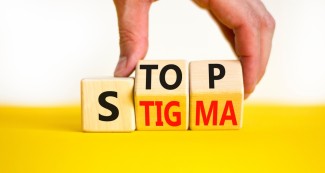“I Can’t Do It Without My Phone”: Nomophobia and Its Impact on Academic Performance – A Systematic Literature Review
INTRODUCTION: Nomophobia, the fear of losing access to a mobile phone or the Internet, is becoming increasingly prevalent among students due to the rapid digitalization of society and can affect their ability to concentrate, the quality of...
